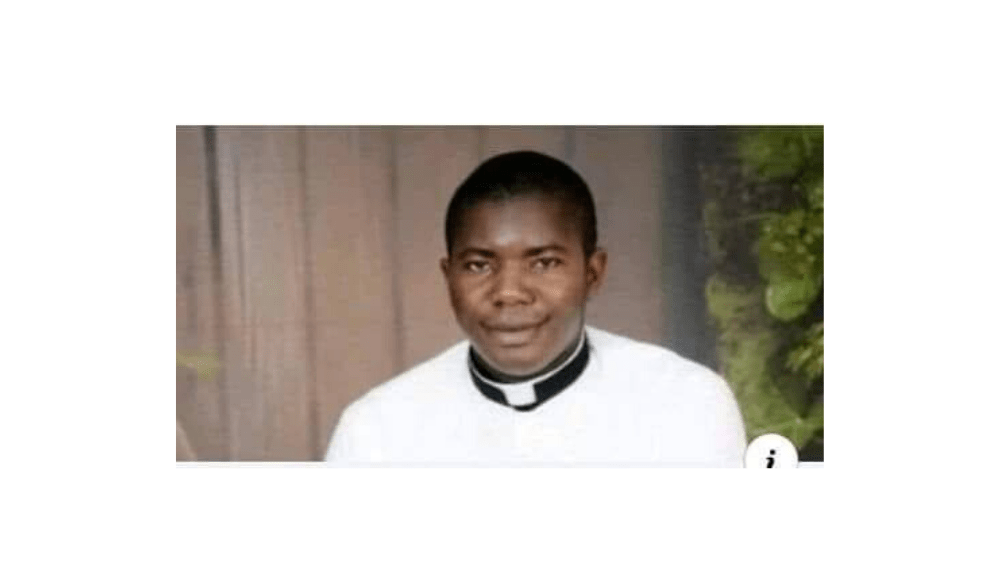A Nigerian priest was kidnapped at gunpoint this week, the third attack in a surge of violence against clergy in the state of Enugu.
Around 6am on Monday, Father Arinze Madu was abducted as he left the Queen of Apostles Seminary, where he is vice-rector.
The priest was released unharmed on Wednesday, according to Nigerian newspaper The Punch, which quoted one state police public relations officer. No further details were provided, due to security forces being involved with Madu’s release.
The priest’s safe return is a relief for Enugu state authorities, who have increased security measures in an attempt to stop the attacks.
Just over two months ago, another priest, Father Paul Offu, was reportedly shot dead by suspected Fulani herdsmen on a road in the Awgu area of Enugu state. Five months earlier, Father Clement Ugwu was also murdered.
Father Benjamin Achi, director of communications for the Catholic Diocese of Enugu, described Madu’s abduction as “terrifying”.
“This incident is coming barely two months after Father. Offu was gruesomely killed by gunmen at Ihe-Agbudu Road [in] August,” he said, according to The Punch.
“Before Fr. Offu’s murder, Father Paulinus Ilo was attacked by Fulani herdsmen along Numeh-Nenwe road in Nkanu East Local Government Area of the state.”
These attacks are situated within the long-running conflict between Nigerian farmers and Fulani herdsmen. Both sides claim they are victims of injustice.
Found in West and Central Africa, the Fulani are believed to be the world’s largest semi-nomadic group. In Nigeria, some Fulanis have moved to cities, but others continue to live as semi-nomadic herder. They are primarily Muslim. Fulani herd their animals across vast areas, frequently clashing with farming communities – who are mainly Christian – over resources such as grazing areas, water and farmland.
According to reports, farmers have accused Fulani herders of damaging their crops. In turn, Fulani herders have blamed farmers for killing their cattle, leading to outbreaks of violence causing the death of hundreds of people, and displacement of many others.
“[The] government will continue to support the security agencies to secure lives and property of the people.”
Enugu state authorities have reportedly said they have implemented forest guards, neighbourhood watch services, and air surveillance, in response to the attacks. They have reportedly also purchased 260 vehicles, including cars and motorcycles, for their security forces.
The Enugu State government said it was committed “to make the state safe and to sustain the enviable status of Enugu as one of the safest and most peaceful states in Nigeria,” the Daily Post reported.
“[The] government will continue to support the security agencies to secure lives and property of the people.”


